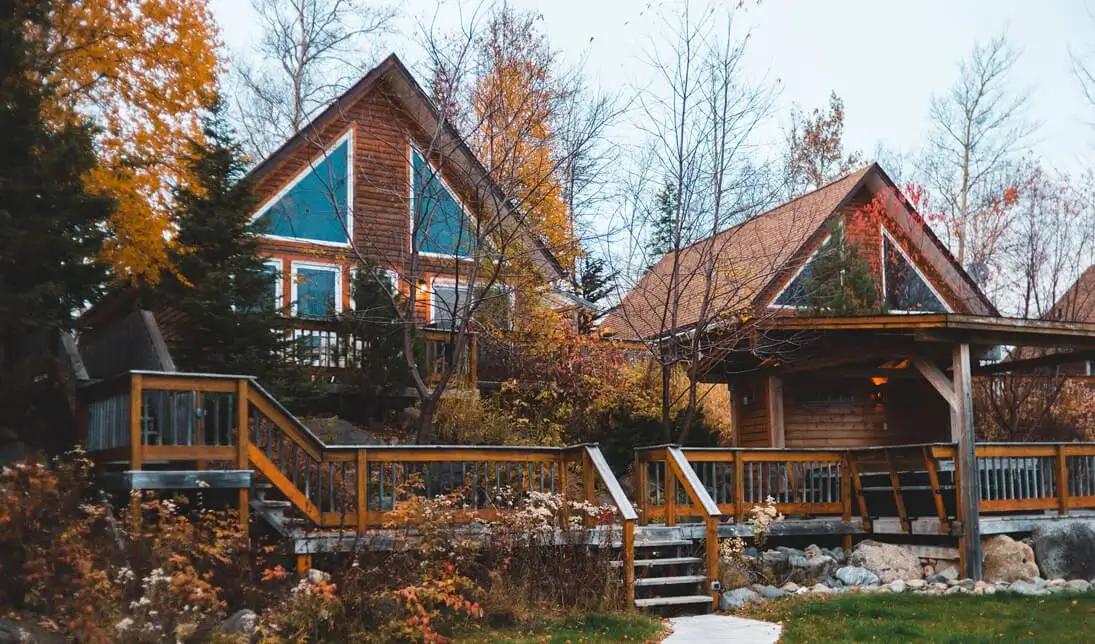Understanding Leasehold vs. Freehold Property Ownership in Ghana: What International Buyers Need to Know
For both local and international buyers interested in real estate in Ghana, understanding the country’s unique property ownership structures—leasehold and freehold—is essential. Each has distinct features, rights, and limitations that impact long-term property ownership and investment potential. Below, we explore the differences between leasehold and freehold ownership in Ghana and how Eagle Connect Limited can guide you through making the best choice for your property investment.
1. What is Leasehold Property Ownership?
In Ghana, most property ownership for both local and international buyers falls under a leasehold model. Leasehold ownership provides the right to use and occupy land or property for a specific number of years, which typically ranges from 50 to 99 years. After this term, the lease must be renewed, or the property reverts to the landowner.
Key Characteristics of Leasehold Ownership in Ghana:
- Lease Periods: Leases are generally set for 50 or 99 years, though shorter or longer terms may be negotiated. Renewal of the lease often requires additional negotiation with the landowner.
- Ground Rent: Leasehold owners may be required to pay annual ground rent, determined by the lessor, to maintain the lease. Failure to meet this payment can affect ownership rights.
- Usage Rights: Leaseholders typically have full rights to build, occupy, or rent the property for the duration of the lease term, within any guidelines specified in the lease agreement.
This model is particularly appealing to international buyers, as it offers a straightforward path to property investment without full ownership complexities. However, it is essential to clarify terms at the beginning of the lease to avoid misunderstandings. At Eagle Connect, we assist buyers in reviewing lease agreements to ensure terms are fair and renewal options are clear.
2. What is Freehold Property Ownership?
Freehold ownership in Ghana grants the buyer complete ownership of the land and any property on it, with no time limit or requirement for renewal. However, Ghanaian law generally restricts non-Ghanaians from owning freehold property, especially in urban or coastal areas, so this option is primarily reserved for Ghanaian citizens or those with special approvals.
Key Characteristics of Freehold Ownership in Ghana:
- Unlimited Ownership Duration: Unlike leasehold, freehold ownership is perpetual, providing the highest level of ownership security.
- No Ground Rent: Since the buyer owns the land outright, no ongoing rent or renewal fees apply.
- Ideal for Heritage Investments: Freehold ownership is optimal for buyers intending to pass the property down through generations, preserving wealth and property within families.
If you’re a Ghanaian citizen or eligible for freehold acquisition, Eagle Connect’s team can guide you through the legal requirements to secure your freehold investment.
3. Comparing Leasehold and Freehold Ownership in Ghana
Choosing between leasehold and freehold in Ghana depends on several factors, including eligibility, investment goals, and financial strategy. Here are a few comparison points to consider:
| Factor | Leasehold Ownership | Freehold Ownership |
|---|---|---|
| Ownership Duration | Limited (50-99 years) | Unlimited |
| Annual Ground Rent | Required | Not Required |
| Renewal Process | Needs renewal after the lease term | Not applicable |
| Availability to Foreign Buyers | Commonly accessible | Limited |
| Ideal for | Long-term investments with eventual renewals | Permanent, heritage investments |
International buyers often find leasehold ownership to be the more practical option due to accessibility and lower initial costs. However, understanding renewal procedures, lease terms, and any applicable restrictions is critical to protect your investment over time.
4. Important Considerations for Leasehold Renewals
When your lease period is nearing its end, you may have the option to renew, but there are important factors to consider in this process:
- Renegotiation of Terms: Lease renewals often come with renegotiated terms. Understanding market conditions and local property laws is essential for ensuring fair terms.
- Land Use and Development Permissions: Some leaseholds come with restrictions on the type of buildings or renovations that can be done. Clarify these before proceeding with property upgrades.
5. How Eagle Connect Can Help
Navigating Ghana’s property ownership laws can be complex, especially for international buyers. Eagle Connect Limited offers end-to-end support, helping you:
- Review Lease Agreements: Our team assists in assessing lease terms and negotiating with landowners to secure favorable, transparent terms.
- Handle Legal Documentation: We ensure that all property acquisitions meet Ghanaian legal requirements, providing peace of mind as you make your investment.
- Guide on Ownership Types: Whether you’re eligible for freehold or leasehold, we offer clear guidance on the best option based on your investment goals.
Final Thoughts: Making an Informed Choice with Eagle Connect
Whether you choose leasehold or freehold ownership, understanding the implications of each type is vital for a successful property investment in Ghana. Eagle Connect Limited simplifies this process, offering expert guidance and dedicated support so you can make confident decisions and enjoy a rewarding investment experience in Ghana’s luxury real estate market.
Contact Eagle Connect to learn more about property ownership options in Ghana and explore opportunities tailored to your goals!








